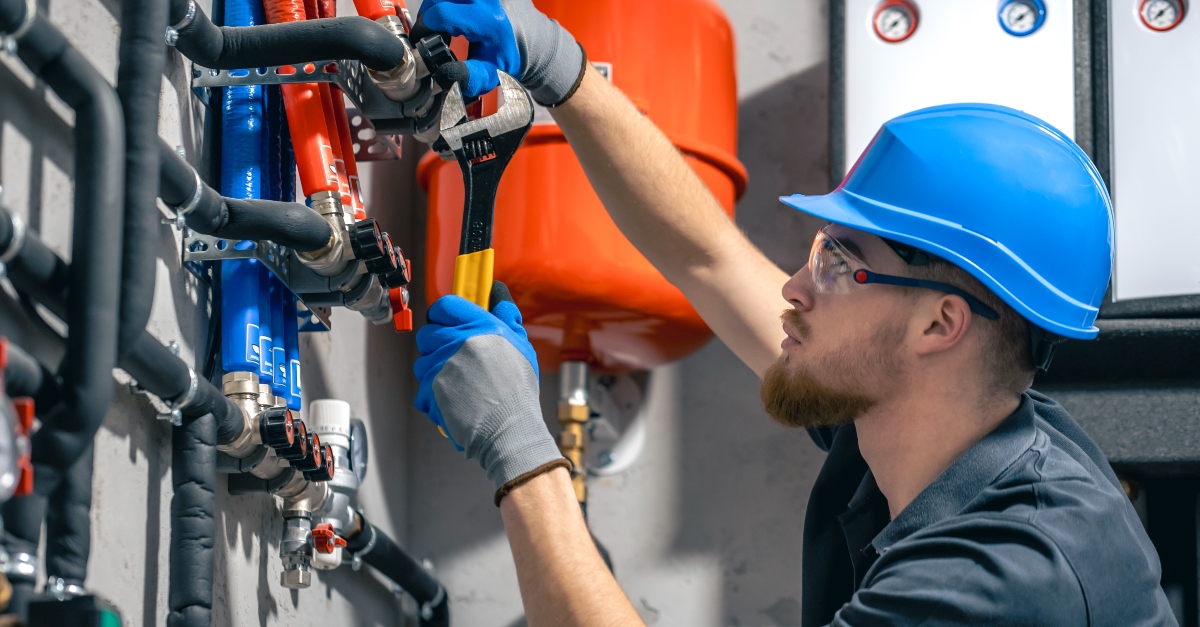What Skills Can Lead to a Successful Plumbing Career?

What Is a Plumber?
A plumber is a skilled tradesperson responsible for installing, maintaining and repairing piping systems. These systems transport water, gas and waste in homes, businesses and industrial buildings. Plumbers ensure that pipes, fixtures and appliances function correctly and meet safety and efficiency standards. They may work on anything from water heaters and drainage systems to complex commercial plumbing networks. A plumber's job is not just about fixing leaks — it involves problem-solving, precise measurements and a deep understanding of plumbing codes and regulations.Essential Skills for Plumbers
Hard Skills
To succeed in plumbing, a strong foundation in technical skills is essential. Plumbers must understand the intricacies of piping systems, fittings and materials. They need to be familiar with industry standards such as the International Plumbing Code (IPC) and Uniform Plumbing Code (UPC), ensuring their work meets legal and safety requirements. Measurement and inspection techniques are also crucial, as plumbers must accurately assess and diagnose issues using specialized tools. Documentation skills are equally important, as detailed reports help track work progress and ensure compliance. Certifications, such as those from the National Inspection Testing Certification (NITC), can enhance a plumber’s credibility and open doors to higher-paying jobs.Soft Skills
While technical expertise is critical, soft skills play a significant role in a plumber's success. Attention to detail helps identify potential problems before they escalate. Strong communication skills allow plumbers to explain complex issues to clients and collaborate with construction teams. Problem-solving abilities are crucial for diagnosing and fixing unexpected challenges on the job. Adaptability is another key trait, as plumbers must stay up to date with new technologies and industry advancements. Finally, teamwork is essential, especially on large projects where plumbers work alongside electricians, HVAC specialists and general contractors.The Difference Between Plumbing and Other Trades
Many people confuse plumbing with other trades, particularly pipefitting. While both involve working with pipes, there are distinct differences between the two. Plumbers primarily install and repair systems that carry water, gas and waste in buildings, ensuring everything flows properly and meets health and safety regulations. Pipefitters, on the other hand, specialize in high-pressure piping systems used in industrial settings, such as power plants and factories. While both trades require similar skills, pipefitters often work with more heavy-duty materials and welding techniques. Understanding these distinctions can help aspiring tradespeople choose the right career path based on their interests and skill set.Industries That Rely on Plumbers
Plumbers are needed across various industries, each offering unique opportunities and challenges. Commercial construction relies on plumbers to install complex piping systems in office buildings, hospitals and shopping centers. Facilities maintenance teams employ plumbers to ensure that existing plumbing infrastructure remains in good condition, performing repairs and upgrades as needed. Industrial construction projects, such as factories and power plants, also require skilled plumbers to manage specialized piping systems that handle chemicals, steam and other industrial fluids. The role of a plumber can vary significantly depending on the industry, but the demand for their expertise remains strong across all sectors.Preparing for a Career as a Plumber
A successful plumbing career begins with the right training and education. Unlike many professions, plumbing does not require a traditional four-year college degree. Instead, aspiring plumbers typically enter the field through trade schools, apprenticeships or on-the-job training programs. Trade schools offer coursework in plumbing fundamentals, safety procedures and code compliance, while apprenticeships provide hands-on experience under the guidance of seasoned professionals. Earning certifications, such as those from NITC, can boost credibility and increase job opportunities.
Beyond formal training, networking is a valuable tool for those entering the plumbing industry. Joining trade organizations, attending industry events and connecting with experienced professionals can lead to job opportunities and career advancement. Additionally, keeping up with emerging trends—such as eco-friendly plumbing solutions and smart water systems — can give plumbers a competitive edge in the job market.
A plumbing career offers stability, competitive pay and the satisfaction of solving critical infrastructure challenges. Whether working in commercial construction, facilities maintenance or industrial settings, plumbers play a vital role in keeping water and waste systems running efficiently. With the right skills, training and mindset, a plumbing career can provide long-term success and growth opportunities in an ever-evolving industry.
